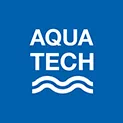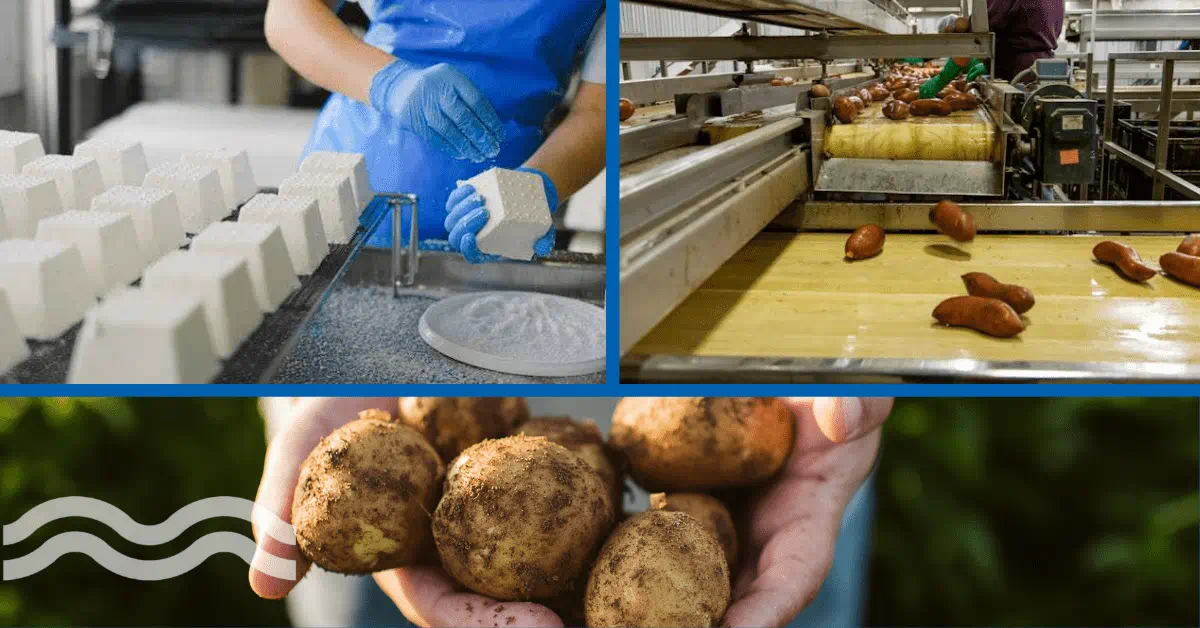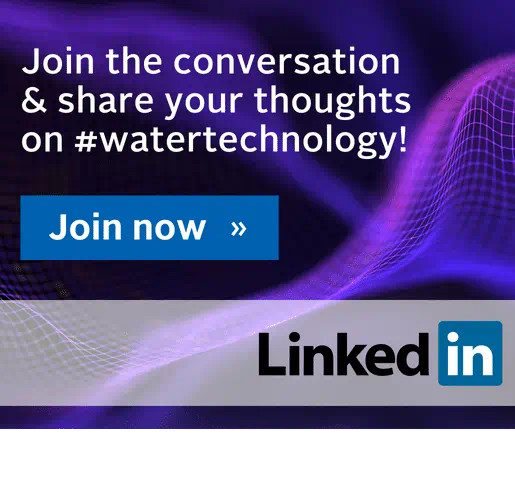Large food and beverage corporations are under increasing pressure to revamp their water management strategies, with recent reports indicating a 30 per cent surge in water consumption within the sector over the past decade. We look at what the industry is doing to tackle the issue.
Food and beverage: water intensive sector
As one of the most water-intensive sectors, food and beverage manufacturing has a significant impact on freshwater resources and the environment. Acknowledging this issue, major corporations have begun integrating water-saving technologies into their operations. However, the journey toward sustainable water usage remains a dynamic process, demanding continuous innovation and collaborative efforts across the industry.
According to the World Wildlife Fund (WWF), the food and beverage industry accounts for approximately 70 per cent of global freshwater consumption. The production of various commodities, ranging from agricultural products to beverages, involves substantial water usage at every stage. From irrigation for crop cultivation to cleaning, cooling, and processing during manufacturing, water is an indispensable component. Consequently, this intricate process leaves an indelible water footprint on the environment, often leading to increased water scarcity and pollution.
Ambitious water reduction goals
Many food businesses have acknowledged the urgency to address this issue within their supply chains and have set ambitious goals to reduce their water consumption and replenish water resources in the areas where they operate. Despite making substantial progress, however, these companies understand that the solution lies in technological advancements and collaborations that can mitigate the environmental impact while ensuring the sustainable growth of their businesses.
Coca-Cola recently announced its water use in 2022 was 10 per cent more efficient compared to 2015. The company said it aspires to have 100 per cent circular water use at 175 locations by 2030. Yet, surprisingly, it says that manufacturing its product isn't where most of its water footprint lies; rather, it's in growing what goes into it.
Meanwhile, food company General Mills says that since 2006, it has had specific goals to reduce water usage rate in its own facilities. It said the majority of the water required to bring its products to consumers is used upstream of its direct operations.
It said 99 per cent of the water use associated with its value chain occurs upstream of its direct operations in agriculture and ingredient production (85 per cent), and packaging (14 per cent). It said it has committed to advancing water stewardship plans for its most material and at-risk watersheds in its global value chain.
Water stewardship at Pepsico
Beverage company Pepsico’s water reduction plan includes, improving water-use efficiency across its value chain on farms and in manufacturing facilities, replenishing water and improving the health of the local watersheds that are most at risk where it operates, increasing safe water access for communities that face water insecurity, including scarcity and unsafe water sources.
David Grant, sustainability director for global water stewardship at PepsiCo previously spoke to Aquatech Online on the need for science-based targets and the company-wide target to improve operational water-use by 2025.
As part of its pep+ (PepsiCo Positive) ambitions, the organisation is working towards becoming net water positive in its operations. Its water ambition aims to reduce absolute water use and replenish back into the local watershed more than 100 per cent of the water used.
Paving the way
Recognising the need for transformative water technologies, several innovative solutions have emerged to alleviate the strain on freshwater resources in the food and beverage sector. These technologies encompass various areas of water management, including water recycling, conservation, purification, and efficient utilisation. Companies are increasingly investing in research and development to integrate these solutions into their operations.
Nestlé, for example, has adopted a multi-pronged approach to water conservation. One of its key initiatives involves the integration of advanced water-recycling systems in its production facilities. These systems allow the company to treat and reuse water for various stages of production, significantly reducing reliance on freshwater sources. By implementing this closed-loop water system, Nestlé not only minimises water consumption but also lessens the environmental impact associated with wastewater discharge.
Coca-Cola has been actively engaged in sustainable water stewardship through its Water Stewardship and Replenish programmes. These initiatives focus on replenishing the water used in their beverages by investing in various community-based water projects and rainwater harvesting techniques. By collaborating with local communities and implementing water replenishment projects, Coca-Cola aims to offset the water used in their production processes, contributing to the sustainable management of local water resources.
PepsiCo, on the other hand, has made significant strides in water conservation through the adoption of water-efficient manufacturing technologies. One notable innovation includes the implementation of water recovery systems within their production facilities. These systems capture and treat water from different stages of the manufacturing process, allowing PepsiCo to recycle and reuse significant amounts of water. By integrating such technologies, PepsiCo says it has effectively reduced its overall water consumption while ensuring responsible water management practices throughout its supply chain.
Water-efficient manufacturing technologies
With the implementation of advanced water recycling systems, companies are effectively treating and reusing water within their production processes. Such systems facilitate the conservation of water resources and help minimise the overall water footprint.
Purification technologies, such as reverse osmosis membrane filtration have also gained traction within the industry. These technologies are enabling companies to purify and treat water to meet stringent quality standards, ensuring that the water used in production is clean and safe. PepsiCo has integrated advanced purification technologies in some of its facilities to ensure clean water in the manufacturing process.
Advanced technologies, including steam condensate recovery systems and water-efficient cleaning methods are also popular enabling companies to optimise their water usage without compromising production efficiency.
Case study: Fredericia Brewery, Carlsberg
One notable European project in the food & beverage markets is Carlsberg’s Fredericia brewery, often called one of the world’s most water and waste efficient breweries.
A former winner of the Global Water Awards and cited as “offering a blueprint for circular water and waste management across the Carlsberg group and the beverage industry”, the site managed to save approximately one billion liters of water after two years of using an advanced water recycling system.
A combination of technologies, including reverse osmosis and ultrafiltration membranes, as well as advanced oxidation enable the recycling of the brewery’s effluent to produce high-quality water for reuse in the site’s processes.
The development is part of Carlsberg’s ‘Together Towards ZERO programme’, a strategic move towards zero water waste across its breweries.






